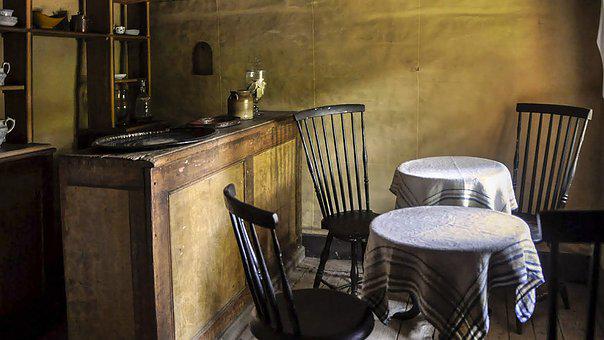While some may find ethnography and oral history similar, they are indeed quite different. Oral history focuses on past histories told through recorded interviews between a narrator with personal experience of historically significant events and a well-informed interviewer, with the goal of adding to the historical record. Ethnography on the other hand, allows the informants to immerse themselves in a social unit and observe them in their real-life environment, whether a family, a class, or faculty. Ethnography allows the researcher to have a vision of what a specific social life is like.
There are clear differences between ethnography and oral history, however there is some blurring between them as well. This simply means that the line that contrasts the two is very thin. Let’s have a look at a couple of those differences.
Differences

While oral history is sometimes limited to interviews, ethnography includes interviews, participant observation of the social norms and culture of the study group and surveys.
While oral historians don’t have to immerse themselves or be close to the individuals they are studying, ethnographers on the other hand immerse themselves in the informant’s environment by becoming a participant/observer, allowing the informant(s) to create their narrative in its entirety.
An oral history research document is a co-created document that combines the narrator’s version of his or her story with the results of the historian’s effort to illuminate the context of the narrator’s life and the connections between his or her story and broader historical themes. In ethnography on the other hand, the researcher becomes accustomed to the informant’s lifestyle through repetitive observation and imitation. Conclusions ideally stem from meticulous observations.
Oral historians remain a detached observer while an ethnographer is completely engaging in the social life of the study area.
The general goal of oral historians is to expose key themes that relate to past events. They ask questions that connect the individual life story to broader historical forces. On the other hand, ethnographers allow the informants to portray the fluidity of their cultures and societies at that particular point in time.
In oral history the interviewer drives the interview by asking leading questions and directly engaging with the respondent, while for ethnographers it is more malleable and fluid, whereby the respondents are just allowed to exist and be in their environments.
Oral historians approach their informants as an outsider while ethnographers approach the research process on a personal level.
Conclusion
While these two areas of studying history may differ slightly, it is important to note that they are both relevant and both serve a purpose in the collection of data. Ethnography can paint a picture of these environments while oral history can efficiently and truthfully present and validate their narratives, a process that has rarely occurred throughout history.
That’s it for this blog, I do hope it clarified the main differences between ethnography and oral history. Feel free to contact us with any questions, suggestions, or comments you may have.
Kindly consider us for any oral history transcription needs you may have and remember, always be kind, try to stay positive and learn to unwind.
